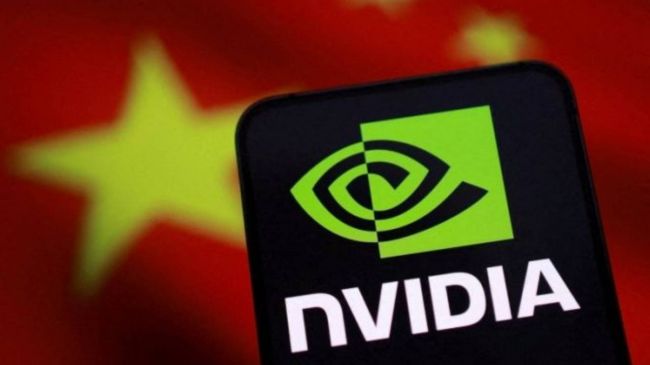Inside the Turbulent 3-Day Deal That Reshaped the Future of Agentic Programming
Cognition, the AI company behind autonomous coding agent Devin, has acquired Windsurf, an AI-powered coding IDE startup, just days after Google absorbed its CEO and top researchers. The high-velocity acquisition caps off a dramatic weekend that saw OpenAI's $3 billion bid fall apart and Windsurf lose key leadership to Google. Now, Cognition inherits Windsurf’s remaining team, product suite, IP, and over $82 million in annual recurring revenue.
A Rapid-Fire Timeline: From OpenAI to Google to Cognition
- Friday: Google executes a $2.4 billion reverse-acquisition, hiring Windsurf's CEO Varun Mohan, co-founder Douglas Chen, and several R&D leads. Google also secures a non-exclusive license to Windsurf’s core technology.
- Weekend: Ongoing acquisition talks with OpenAI collapse, reportedly due to conflicts over Microsoft-linked IP terms.
- Monday: Cognition finalizes the acquisition of Windsurf’s remaining assets. Interim CEO Jeff Wang calls it a “seamless complement to Devin.”
What Cognition Gets in the Deal
Cognition's acquisition includes:
- Windsurf’s agentic IDE product and intellectual property
- Over 350 enterprise clients and hundreds of thousands of daily users
- $82 million in ARR
- Remaining employees, all receiving accelerated equity vesting
The deal gives Cognition both a user base and a front-end foundation to integrate with its Devin coding agent.
Merging Devin With Windsurf’s IDE
Windsurf’s IDE will continue operating independently in the short term. Over time, Cognition plans to integrate Devin directly into the coding workflow, letting users toggle between autonomous and collaborative development modes. CEO Scott Wu emphasized the long-term vision of a "unified developer workspace powered by agentic automation."
Why the AI Coding Race Just Escalated
This acquisition isn’t just about product—it’s about control of the full coding pipeline. By pairing Devin’s autonomous capabilities with Windsurf’s user-friendly environment, Cognition is positioning itself to rival GitHub Copilot, Cursor, and even Anthropic’s Claude-powered workflows.
The speed and volatility of the deal also signal how hot the agentic coding market has become. Windsurf's brief moment as a prize among giants illustrates the premium placed on aligned teams and deployable tools.
Enterprise Confidence and User Impact
Cognition has publicly committed to maintaining pricing, product stability, and support for Windsurf’s enterprise clients. With leadership shifts and overlapping product visions, some customers are watching closely to see if promised continuity holds.
Notably, Windsurf has also reestablished API access to Claude models from Anthropic, resolving prior disruptions caused by its broken OpenAI negotiations.
Strategic Takeaways
- Full-stack play: Cognition now owns both the front-end (IDE) and back-end (agent), offering integrated value for developers.
- Talent tug-of-war: Windsurf’s leadership was split across three tech giants in one weekend, showing the strategic value of AI coding talent.
- Trust-building: Cognition is going out of its way to publicly support Windsurf’s employees and user base.
What Comes Next
Cognition’s next big move will likely be a full product suite release combining Devin and Windsurf. With Cursor and GitHub Copilot already iterating fast, the window to execute this merger cleanly is narrow. But if it succeeds, Cognition could become the first true full-stack platform for AI-powered software engineering.
For now, one thing is clear: agentic coding isn't a niche—it’s a battleground.





